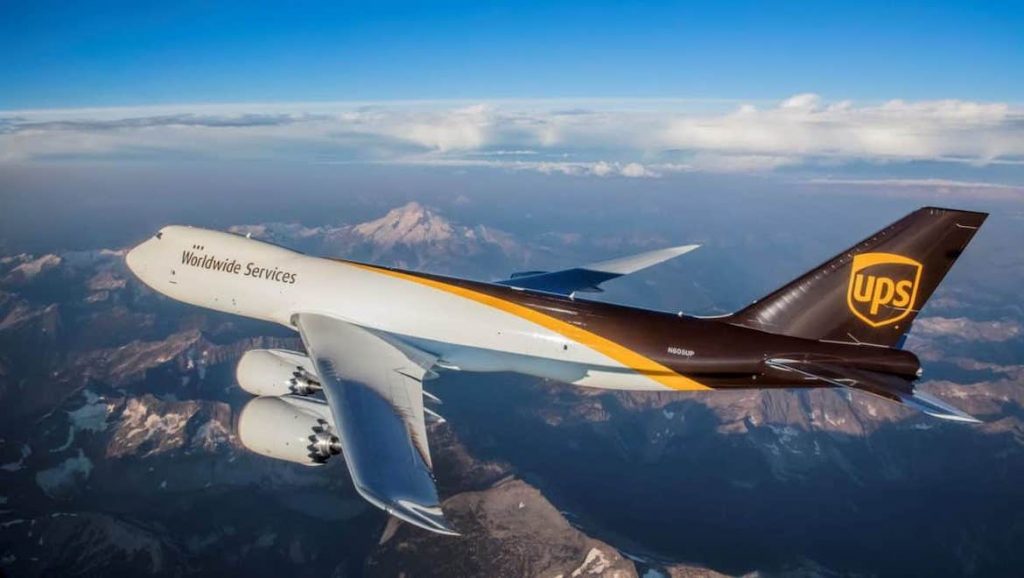
US-based package delivery company UPS has reportedly purchased 10 electric vertical take-off and landing (eVTOL) aircraft from Beta Technologies, redefining the future of its rural delivery services.
UPS made the announcement on Wednesday, and said it expects the first ALIA-250 aircraft to be delivered by Beta Technologies in 2024.
The purchase agreement also includes an option for UPS to purchase up to 140 more aircraft, UPS said.
According to UPS, utilising the small piloted aircraft will work to cut costs, reducing the company’s need to contract local air freight operators to move parcels to rural towns and cities.
Additionally, while these current eVTOLs under the agreement are required to be piloted, the company sees a future in which remotely-operated drones will take their place, further reducing costs.
The Beta ALIA-250 boasts four overhead rotors, and a propeller at the back. The aircraft has a range of up to 250 nautical miles (460 kilometres), and has a capacity to hold up to 635 kilograms worth of cargo.
These figures suggest UPS may take Beta up on some of those options for additional aircraft, considering the typical small UPS-chartered freighter jet aircraft can carry up to 1,585 kilograms over 1,200 nautical miles.
However, according to Beta Technologies CEO Kyle Clark, the estimated cost to operate an eVTOL is roughly half that of a small cargo plane, mostly due to fuel and maintenance savings.
Additionally, UPS doesn’t own any short-haul turboprop aircraft within its own fleet, and faces the additional cost of contracting out its regional short-haul freight needs.
While it costs just under $400,000 to overhaul the engine of a Cessna 208 Caravan turboprop, doing the same on the ALIA-250’s electric motors would cost a third less, according to Clark.
Though, with a $4 million list price, purchasing a brand new ALIA-250 will set you back nearly twice as much as a 208 Caravan.
Juan Perez, the UPS chief information and engineering officer, said the eVTOL aircraft is well-suited for landing at any one of UPS’ sorting centres.
The idea is for the eVTOLs to not only rid UPS of the need for small air-freight contractors, but also trucks, particularly in the transport of packages to more remote and rural areas.
“It will allow us to bypass a lot of the handoffs that take place today with using the typical small airplanes,” Perez told the media.
UPS’ intentions to pivot towards unmanned electric drones, rather than piloted, could be just around the corner, in light of recent advancement in this space.
In Janauary, the US Federal Aviation Administration finalised its provisions around the use of fully automated drones in rural settings.
According to American Robotics, the first US company to be approved to utilise fully automated drones to fly “over people”, the first commercial use of said drones will be outside of major cities.
Instead, the company’s drones will be used to assist industrial and agricultural operators.
The current FAA provisions reportedly limit operations to areas of light air traffic, and allows drones to operate autonomously up to 400 feet.
The FAA said that data collected by American Robotics’ operations will provide them critical data for use in evaluating future “beyond visual line-of-sight”, or BVLOS, operations.




